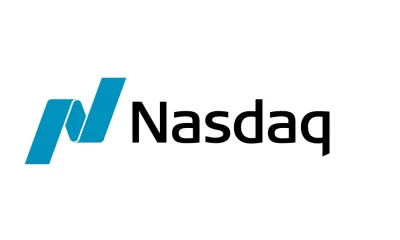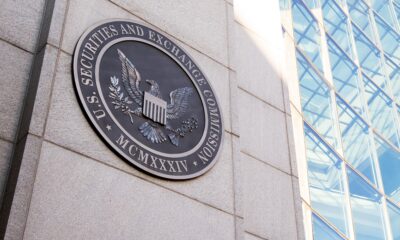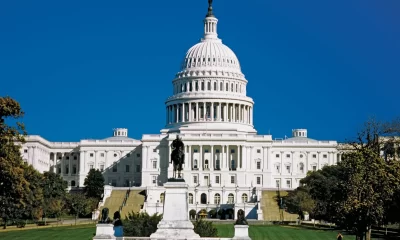Business
US lawmakers meet with crypto advocates in DC roundtable
A recent roundtable discussion involving U.S. lawmakers, a top adviser to President Biden, and leaders from the cryptocurrency industry focused on regulatory challenges and opportunities within the digital asset space. The meeting underscored efforts to address regulatory concerns while fostering innovation in the burgeoning cryptocurrency sector.
-

 Business1 week ago
Business1 week agoKenya’s crypto tax could hinder Africa’s digital growth opportunity
-

 Business6 days ago
Business6 days agoNasdaq-listed fintech Netcapital acquires crypto native protocol Mixie
-

 Business1 week ago
Business1 week agoMetaplanet shares jump after $5.4B plan to buy Bitcoin
-

 Business1 week ago
Business1 week agoTether USDT stablecoin seen on Bolivian store price tags
-

 Business6 days ago
Business6 days agoHong Kong to use Chainlink protocol in CBDC pilot project
-

 Business6 days ago
Business6 days agoSEC Chair bashes Gensler’s approach to crypto, defends self-custody
-

 Business6 days ago
Business6 days agoBlackRock’s Bitcoin fund blows past $70B in record pace for ETFs
-

 Business3 days ago
Business3 days agoSEC axes Biden-era proposed crypto rules in flurry of repeals




























